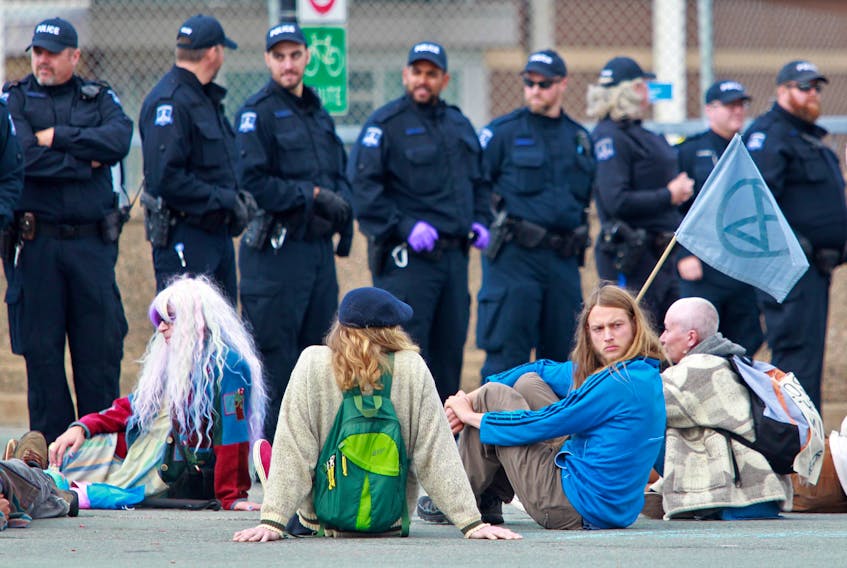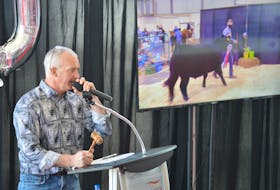DAN TANNER
Now and again, a police action is news. Stories range from the positive to the decidedly unsavoury. Armchair analysts sometimes hit the mark; other times, not so much. Criticism is at times warranted or wide off the mark.
Consider, though, that few public welfare or emergency response occupations permit entry to the field without benefit of a substantial training regimen. Engineers, nurses, land surveyors, medical technicians and dietitians participate in a months- or years-long education regimen usually followed by a period of articles or residency. Some trades require lengthy apprenticeships. Yet most formal police training in Canada, whether in-house or through a discrete post-secondary program, is generally measured in weeks, with graduates often ending up on the shift schedule soon after being hired or assigned.
From my own experience, I’m convinced the reason for this has a good deal to do with the nature of police work. Like parenthood, it looks straightforward when viewed from a safe distance: officers patrol or walk a beat, answer calls, apply the law and move on. They mete out enforcement according to legal and policy stricture, and if the decision tree fails, a supervisor is available to bestow sage advice. Shoot a few hoops with the neighbourhood kids for community service, and Bob’s your uncle. Nothing to it.
But unvarnished reality deals a different hand. Although not uniquely so, law enforcement is by turns demanding and stressful, often requiring split-second decisions in eminently difficult circumstances. It can be dangerous. It’s detail-rich, and now very public. The nature of police work pretty much guarantees that officers will handle calls for service throughout their operational careers, ranging from the mundane and trivial to the exceedingly unpleasant and downright frightening. The people police officers meet along the way run the full gamut of personalities, moods, motivations and, at times, threat levels, often without warning.
Apart from responding to calls for service, officers will generally be expected to protect the vulnerable, respond to neighbourhood safety concerns, arrest perpetrators without disagreeable incident and offer security to those who need it. They’ll be asked to participate in community harm-reduction initiatives and to establish liaisons with special-interest groups. All gaffe-free.
It’s a tall order. And to top it off, it’s difficult — some say nigh on impossible — to meaningfully school for what is frequently emotionally intense, tactically diverse and socially sensitive work.
So analyzing what constitutes a crime, boning up on report-writing and deliberating on use-of-force continua, rules of evidence and powers of arrest are acceptable classroom fare, but when it comes to the stuff of real life lived in real time by real people, there’s no teacher, as goes the maxim, quite like experience.
Which brings us to the reality that successful police officers must draw from experience, with its attendant lessons in foresight, analytical skill and wisdom, but on the fly and preferably without a newsworthy misstep.
Law enforcement is a rewarding, challenging career and one that can make a positive measurable difference in a community. Its practitioners learn rote basics in boot camp and a usually brief formalized training environment, but gather the complex aspects of the job by living, by doing, and by judiciously applying what they learn, bumps included.
It’s an ongoing process, and a tall order indeed.
Dan Tanner is a retired RCMP inspector and president of the Royal United Services Institute of Nova Scotia, a defence and security monitoring and advocacy group.









